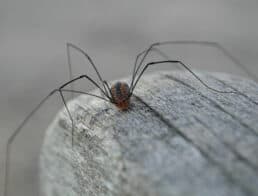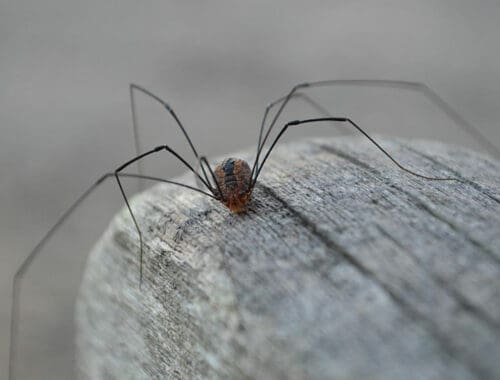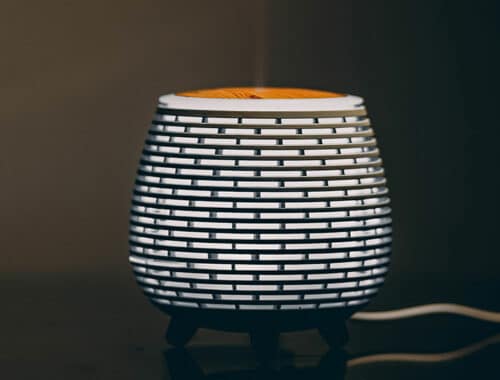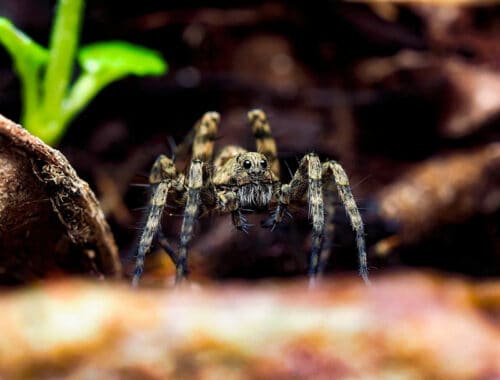Spiderwort plants (Tradescantia zebrina) are amongst the most beautiful and statement-making houseplants you can grow. They’re also incredibly easy to take care of and pretty hard to kill, making them a great pick for new plant owners and green thumbs alike.
If you’re a plant aficionado and a cat owner, you might be wondering if your spiderwort plant and cat can live together in harmony. You should be aware of many potentially deadly houseplants as a pet owner, and the spiderwort is one of them.
While there seems to be conflicting information online, the consensus is that one must approach spiderwort ownership with caution if they’re also a cat owner. Keep reading to learn more.
Are Spiderworts Toxic?

As we alluded to in our introduction, there is a lot of conflicting information online regarding to the toxicity of spiderwort plants.
The University of California’s Agriculture and Natural Resources website lists the spiderwort as a class four toxic plant. This means that it won’t cause major or minor toxicity but instead could cause potential dermatitis.
The ASPCA, our usual go-to for plant toxicity questions, doesn’t explicitly state if the spiderwort or its official title, Tradescantia zebrina, is toxic. It does have plants in the same family, such as the inch plant, but without a website devoted specifically to the spiderwort, we can’t say for certain what the ASPCA’s stance is on the plant.
It seems that the spiderwort may not elicit a poisonous reaction in cats like other houseplants can, but it can cause an allergic-type reaction.
The sap of the spiderwort contains a common biomineral called calcium oxalate crystals. The sap can be found in the plant leaves but is more highly concentrated throughout the stem.
What Are the Symptoms to Look Out For?
While ingesting your spiderwort plant is unlikely to cause life-threatening side effects, cats that come into contact with the sap of the plant can experience skin irritation. You might notice your kitty biting at or scratching the areas of his body that came into contact with your plant. The most common places to inspect include the belly, chin, paws, and groin.
The sap can also cause gastrointestinal upset like diarrhea or vomiting if it is consumed.
What Do I Do If My Cat Ate my Spiderwort?
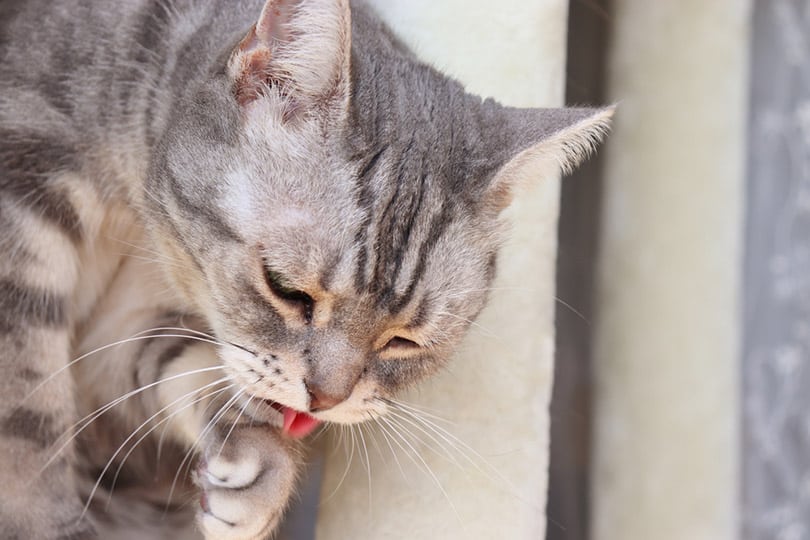
If your cat is suffering from skin irritation or gastrointestinal upset after coming into contact with your plant, you should consider taking them to the vet. Minor skin irritations can often be treated at home with baths, but if your cat has eaten the plant and is experienced gastro upset or mouth pain, it’s best to get evaluated by a doctor. Plus, it doesn’t hurt to consult the professionals for peace of mind.
Your veterinarian can prescribe medication or ointments that will help provide relief for the irritated skin. If your cat starts scratching incessantly where the plant touched him, he could develop a more serious secondary skin infection. You might need to use a “cone of shame” to prevent further self-injury.
Final Thoughts
While spiderwort plants are much less dangerous to keep in a cat-friendly home than other houseplants, you should try your best to keep yours well away from your curious kitty. Your plant might only cause a mild reaction if your cat comes into contact with it, but a mild reaction is much worse than no reaction at all.
Hang your plant up high where your cat won’t have the opportunity to eat it or rub on it.
Feature Image Credit: Pixabay



